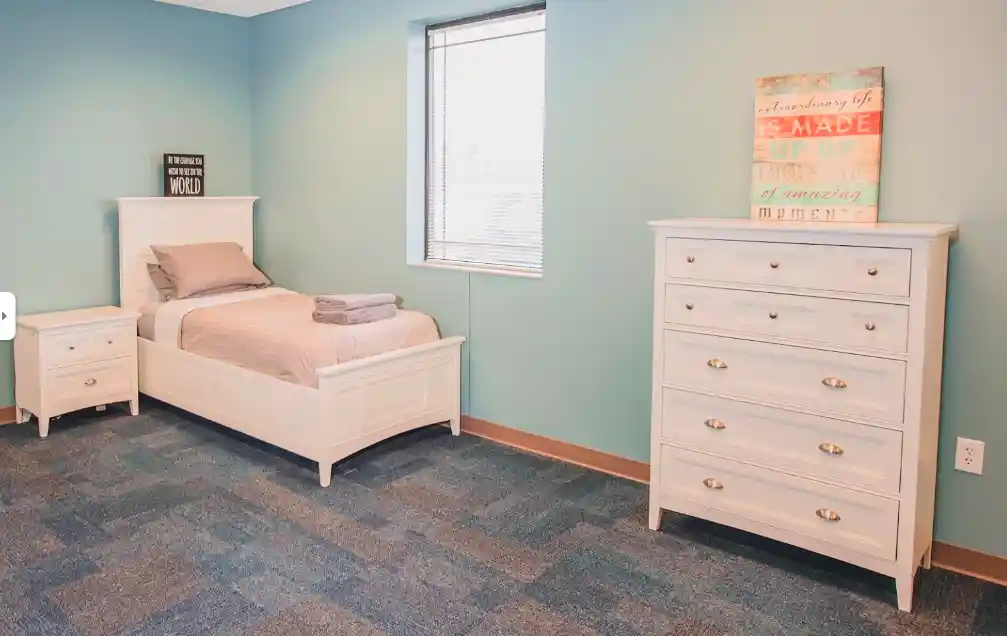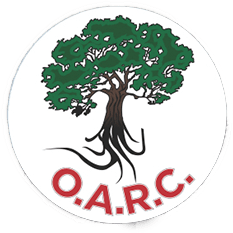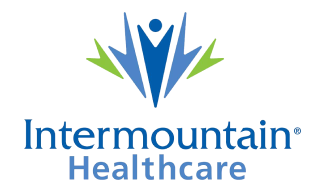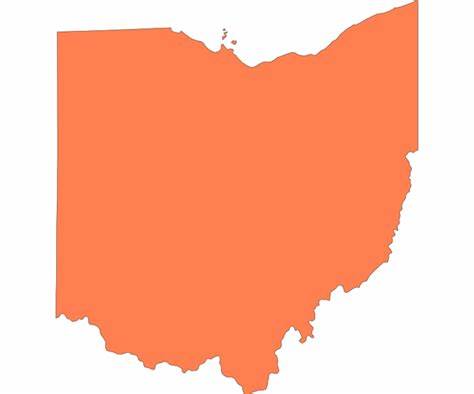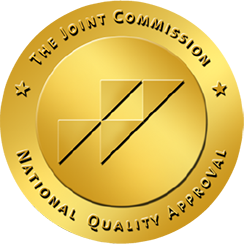
Columbus, Ohio, United States
Ohio Addiction Recovery Center
Verified
Verified
This provider’s information has been quality-checked by Recovery.com’s Research Team for accuracy and completeness, including center verification through appropriate third-party organizations.
Joint Commission Accredited
The Joint Commission accreditation is a voluntary, objective process that evaluates and accredits healthcare organizations (like treatment centers) based on performance standards designed to improve quality and safety for patients. To be accredited means the treatment center has been found to meet the Commission's standards for quality and safety in patient care.
Provider's Policy
We accept most private insurance policies to make treatment accessible and affordable.
Estimated Cash Pay Rate
The cost listed here ($5000-$22000) is an estimate of the cash pay price. Center pricing can vary based on program and length of stay. Contact the center for more information. Recovery.com strives for price transparency so you can make an informed decision.
Highlights from the Center
Highlights
These highlights are provided by and paid for by the center.
Customized Treatment Plans
On-site Medical Detox
Trauma Treatment
About Ohio Addiction Recovery Center
Consistently ranked the #1 addiction treatment center in Ohio by Newsweek, Ohio Addiction Recovery Center (OARC) empowers clients to embark on a life of rewarding recovery from addiction and co-occurring mental health disorders. Their phased continuum of care gives clients the stability and support of staying with one trusted provider as they move through each stage of recovery—from detox and residential treatment to day treatment and intensive outpatient programming.
Build on Strengths with a Well-Rounded Plan
Each OARC client is matched with a primary therapist who stays with them throughout all levels of care, providing consistency, trust, and a deeper understanding of their journey. Together, they create a personalized treatment plan that blends evidence-based psychotherapy, holistic therapies, family therapy, life skills, physical fitness, and spiritual growth. Through individual and group sessions, clients build on their strengths and develop tools to overcome the behaviors holding them back.
Enjoy Life in a Positivity-Focused Community
Located in a residential area just outside Columbus, OARC offers transportation to and from treatment throughout Ohio. Clients stay in large shared rooms with semi-private bathrooms which include multiple showers, sinks, and toilets. The center features separate rec rooms for men and women, access to nature, and outdoor games like basketball, kickball, and cornhole. Catered meals can be tailored to any dietary needs, ensuring comfort throughout the stay.
Stay Connected to Sober Support
In preparation for the return to everyday life, OARC equips clients with a roadmap to recovery post-rehab that includes relapse prevention strategies and connections to local resources to maintain sobriety. Alumni stay connected to each other via a private Facebook group and Instagram page with updates on quarterly events that offer substance-free fun and connection.
Read More
Insurance Accepted
Provider's Policy:We accept most private insurance policies to make treatment accessible and affordable.
Experience Detox with Comfort and Compassion
At OARC, clients detox in a residential setting supported by 24-hour nursing and medication-assisted care. Staff help manage withdrawal symptoms safely and comfortably. Unlike a hospital, this is done in a homelike environment with TVs, games, and other activities. With same-day admits, clients can begin healing in a setting that balances clinical care with comfort.
Choose a Rehab with Personality
“Rehab” can have a bad connotation, so clients are pleasantly surprised to find a fun and passionate community at OARC. From game nights to alumni parties to time with therapy dog Teddy, OARC makes sobriety fun. That doesn’t mean they don’t take it seriously—they just refuse to make it doom and gloom.
Find Belonging in Gender-Specific Programs
To enhance comfort, trust, and long-term outcomes, OARC offers gender-specific programs designed to address the unique needs of men and women in recovery. The men’s program fosters peer support and accountability, helping clients develop healthier coping strategies. The women’s program provides a safe, nurturing space to address trauma, self-esteem, and emotional well-being.
Step into the Job Market with Support
Since addiction often disrupts careers, finding and keeping a job becomes a vital step toward self-sufficiency and long-term recovery. At OARC, life skills training includes employment coaching to help clients regain independence and confidence. Clients learn how to write a quality resume, prepare for interviews, and access job-search resources.

Center Overview
Estimated Cash Pay Rate
Men and Women
Men and women attend treatment for addiction in a co-ed setting, going to therapy groups together to share experiences, struggles, and successes.

Treatment Focus
This center treats primary substance use disorders and co-occurring mental health conditions. Your treatment plan addresses each condition at once with personalized, compassionate care for comprehensive healing.
Treatment
Specializations
Alcohol
Using alcohol as a coping mechanism, or drinking excessively throughout the week, signals an alcohol use disorder.
Co-Occurring Disorders
A person with multiple mental health diagnoses, such as addiction and depression, has co-occurring disorders also called dual diagnosis.
Depression
Symptoms of depression may include fatigue, a sense of numbness, and loss of interest in activities. This condition can range from mild to severe.
Drug Addiction
Drug addiction is the excessive and repetitive use of substances, despite harmful consequences to a person's life, health, and relationships.
Family Therapy
Family therapy addresses group dynamics within a family system, with a focus on improving communication and interrupting unhealthy relationship patterns.
Heroin
Heroin is a highly addictive and illegal opioid. It can cause insomnia, collapsed veins, heart issues, and additional mental health issues.
Holistic
A non-medicinal, wellness-focused approach that aims to align the mind, body, and spirit for deep and lasting healing.
Trauma
Some traumatic events are so disturbing that they cause long-term mental health problems. Those ongoing issues can also be referred to as "trauma."
Treatment Services
Day Treatment
In a PHP, patients live at home but follow an intensive schedule of treatment. Most programs require you to be on-site for about 40 hours per week.
Detox
Detox fully and safely removes toxic substances from the body, allowing the next steps in treatment to begin with a clean slate.
Intensive Outpatient Program
In an IOP, patients live at home or a sober living, but attend treatment typically 9-15 hours a week. Most programs include talk therapy, support groups, and other methods.
Outpatient
During outpatient rehab, patients attend a structured treatment program while continuing to live at home.
Residential
In a residential rehab program, patients live onsite, with access to daily treatment and 24-hour care. An average stay is 30-90 days.
Approaches
Evidence-Based
A combination of scientifically rooted therapies and treatments make up evidence-based care, defined by their measured and proven results.
Holistic
A non-medicinal, wellness-focused approach that aims to align the mind, body, and spirit for deep and lasting healing.
Personalized Treatment
The specific needs, histories, and conditions of individual patients receive personalized, highly relevant care throughout their recovery journey.
Gender-Specific
Separate treatment for men or women can create strong peer connections and remove barriers related to trauma, shame, and gender-specific nuances.
Therapies
1-on-1 Counseling
Patient and therapist meet 1-on-1 to work through difficult emotions and behavioral challenges in a personal, private setting.
Mindfulness Therapy
This ancient practice can be mental, emotional, and even spiritual. In meditation, you focus your attention on the present moment without judgement.
Adventure Therapy
This experiential approach uses the physical and emotional challenges of outdoor activities as tools for personal growth.
Family Therapy
Family therapy addresses group dynamics within a family system, with a focus on improving communication and interrupting unhealthy relationship patterns.
Life Skills
Teaching life skills like cooking, cleaning, clear communication, and even basic math provides a strong foundation for continued recovery.
Relapse Prevention Counseling
Relapse prevention counselors teach patients to recognize the signs of relapse and reduce their risk.
Spiritual Care
Tending to spiritual health helps treatment become more effective, allowing patients to better cope with their emotions and rebuild their spiritual wellbeing.
Twelve Step Facilitation
12-Step groups offer a framework for addiction recovery. Members commit to a higher power, recognize their issues, and support each other in the healing process.
Conditions We Treat
Anger
Although anger itself isn't a disorder, it can get out of hand. If this feeling interferes with your relationships and daily functioning, treatment can help.
Anxiety
Anxiety is a common mental health condition that can include excessive worry, panic attacks, physical tension, and increased blood pressure.
Codependency
Codependency is a pattern of emotional dependence and controlling behavior. It's most common among people with addicted loved ones.
Depression
Symptoms of depression may include fatigue, a sense of numbness, and loss of interest in activities. This condition can range from mild to severe.
Post Traumatic Stress Disorder
PTSD is a long-term mental health issue caused by a disturbing event or events. Symptoms include anxiety, dissociation, flashbacks, and intrusive thoughts.
Stress
Stress is a natural reaction to challenges, and it can even help you adapt. However, chronic stress can cause physical and mental health issues.
Trauma
Some traumatic events are so disturbing that they cause long-term mental health problems. Those ongoing issues can also be referred to as "trauma."
Substances We Treat
Alcohol
Using alcohol as a coping mechanism, or drinking excessively throughout the week, signals an alcohol use disorder.
Benzodiazepines
Benzodiazepines are prescribed to treat anxiety and sleep issues. They are highly habit forming, and their abuse can cause mood changes and poor judgement.
Co-Occurring Disorders
A person with multiple mental health diagnoses, such as addiction and depression, has co-occurring disorders also called dual diagnosis.
Cocaine
Cocaine is a stimulant with euphoric effects. Agitation, muscle ticks, psychosis, and heart issues are common symptoms of cocaine abuse.
Drug Addiction
Drug addiction is the excessive and repetitive use of substances, despite harmful consequences to a person's life, health, and relationships.
Heroin
Heroin is a highly addictive and illegal opioid. It can cause insomnia, collapsed veins, heart issues, and additional mental health issues.
Methamphetamine
Methamphetamine, or meth, increases energy, agitation, and paranoia. Long-term use can result in severe physical and mental health issues.
Opioids
Opioids produce pain-relief and euphoria, which can lead to addiction. This class of drugs includes prescribed medication and the illegal drug heroin.
Prescription Drugs
It's possible to abuse any drug, even prescribed ones. If you crave a medication, or regularly take it more than directed, you may have an addiction.
Aftercare
Experience
Personal Amenities
Amenities
Activities
Yoga
Yoga is both a physical and spiritual practice. It includes a flow of movement, breathing techniques, and meditation.
Off-Site Activities
Learn more about Ohio Addiction Recovery Center
We love hearing about your treatment experience
Help individuals and families seeking treatment by sharing your first-hand experience with this treatment provider. Review Guidelines.








